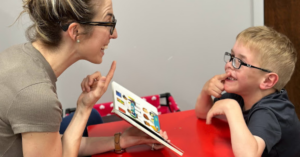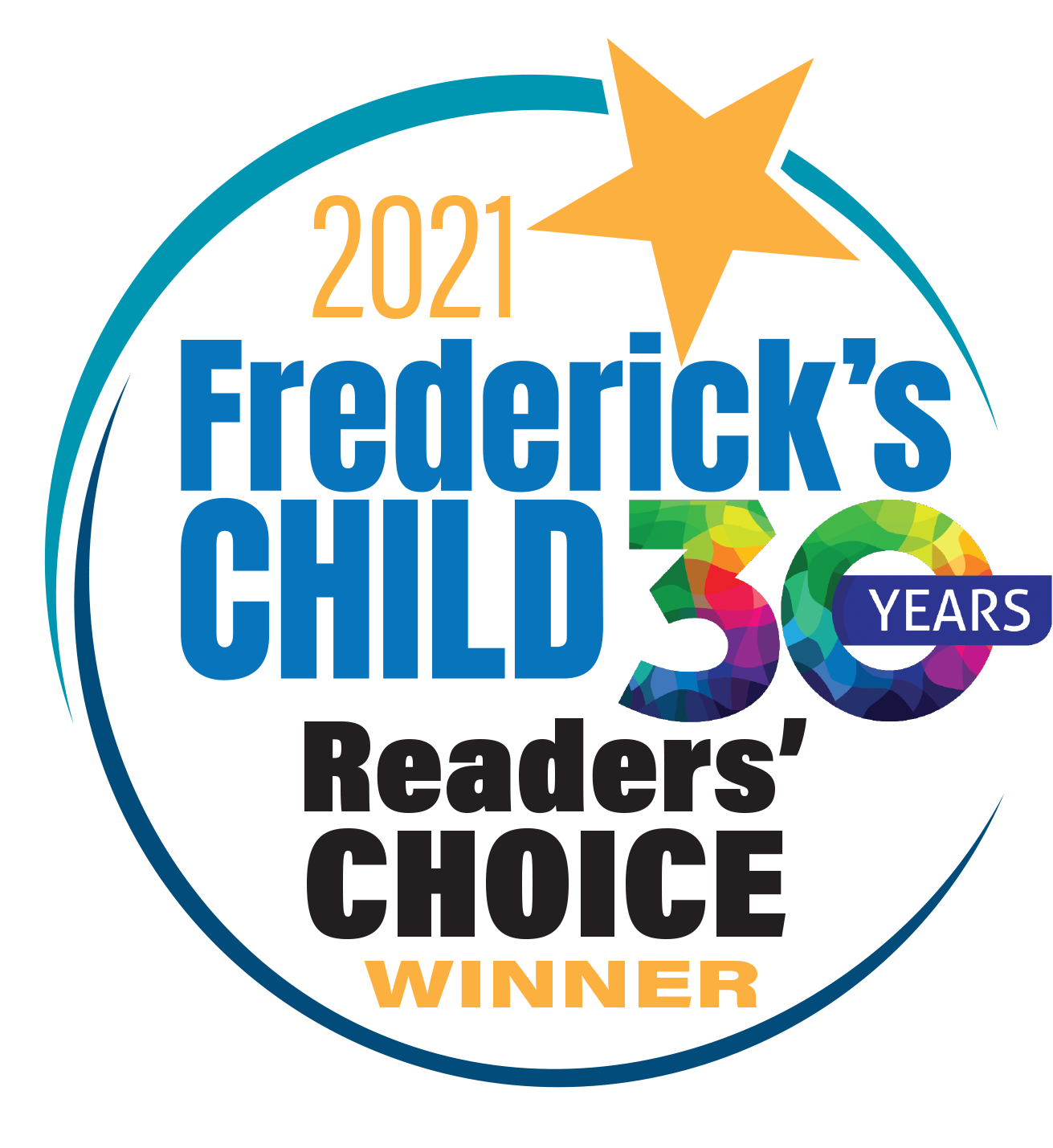
When your child is starting to use their voice, you will naturally have many questions. One of these is probably, “When will my baby say their first word?”
It’s important to remember that children run according to their own developmental clocks, and while one child might start speaking early, another may take longer. As children are learning to talk, some sound errors are also to be expected while others may indicate more concerning issues.
Speech vs. Language
It is important to realize that speech and language are different skills within your child’s development.
Speech refers to the sounds a person uses to articulate and indicates how clearly one can speak, whereas language refers to the content of a message. Speech is a vital component of language. If someone’s speech is unclear, they will be difficult to understand, therefore impacting their language.
Speech Development
While every child develop’s speech in their own way and at their own rate, there are milestones that tend to occur within a certain timeframe. For example, many babies start to babble by the time they’re six months old, and most kids will have a speech pattern that’s easy for others to comprehend at around four years old.
During the first four years of your child’s life, they are busy discovering sounds which they will slowly learn how to reproduce. At first certain sounds will likely be more challenging to create than others. S, sh, ch, j, ng, th, z, r, and l are all sounds that many children struggle to produce correctly at first.
For more information, The American Speech-Language-Hearing Association has a speech chart for sounds. This sound chart outlines the typical speech development for children from three months to four years of age. You can print it out and post it on your refrigerator or in another convenient place. This way, it will be easy to refer to as your child grows and gains new speech and language skills.
When To Be Concerned
While deviations in acquiring speech are normal, you should be on the lookout for delays or ongoing errors. Get in touch with your child’s healthcare provider if you notice that:
- By around eighteen months your child isn’t imitating sounds or can’t follow simple verbal commands.
- By around two years old your child: imitates speech but isn’t producing words or phrases on their own, or they can create only a limited variety of sounds or words but still remain largely unable to use spoken language to communicate.
- By around two years old your child can’t follow simple directions, has a husky-sounding voice, or produces sounds that seem like they are coming through their nose.
- By around three years old, you and those closest to your child have a hard time understanding their speech.
- By around four years old, your child is still generally difficult to understand.
Basic Strategies For Improving Your Child’s Speech
If you notice your child having difficulties with speech development as they enter toddlerhood, it may be a good idea to reach out to their doctor. While the doctor may or may not recommend some speech therapy techniques for your toddler, there are also some steps you can take to assist them:
- Have your child look at your mouth when you speak
- Have your child imitate sounds by themselves before trying them in words
- Avoid repeating the initial sound many times (e.g., “b-b-b-b-ball”)
- When you understand what your child is saying, repeat it back to them clearly with appropriate sounds
If you have questions about how you can assist your child’s speech and language development, we are here to help. Contact us today.









